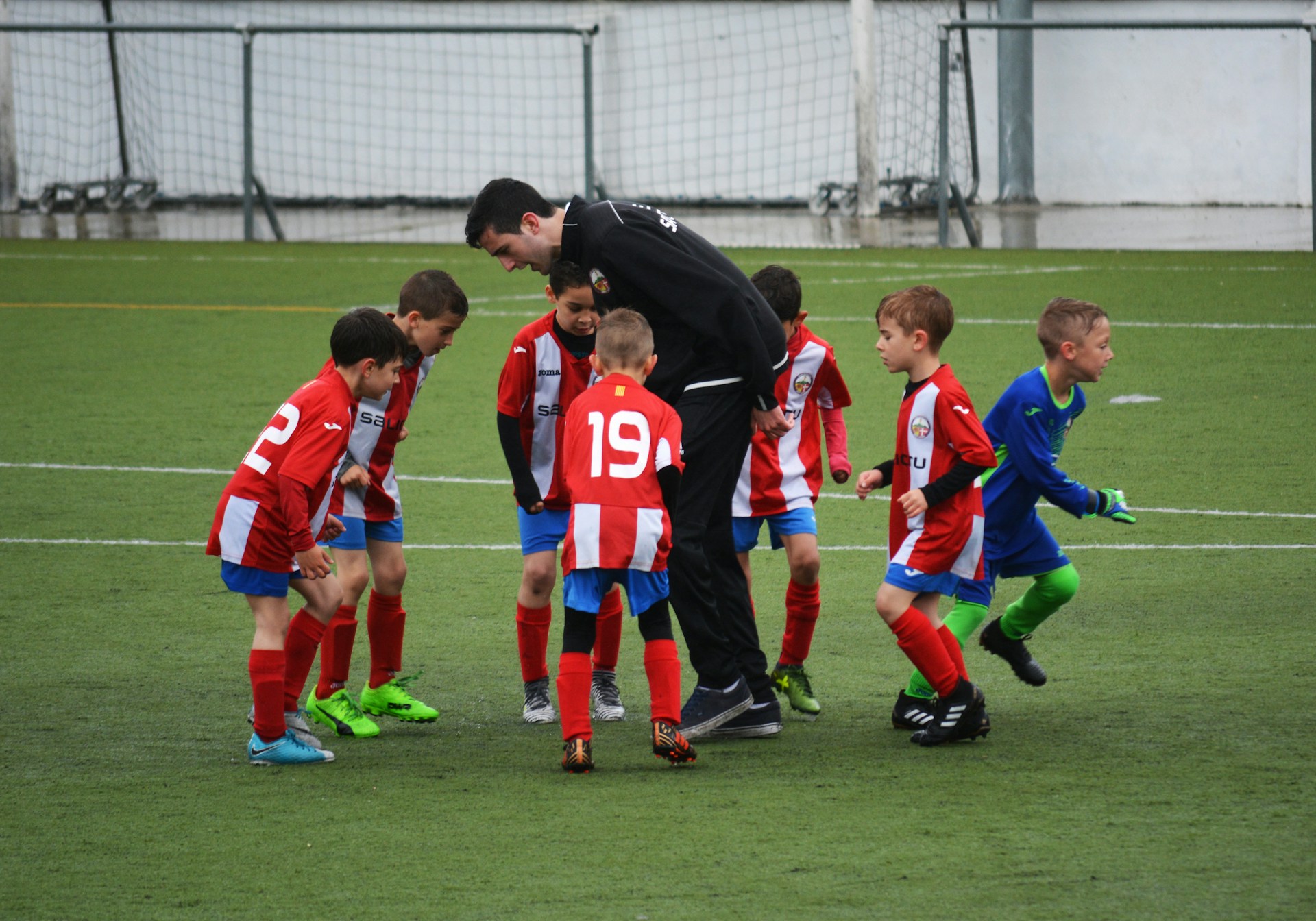Players who are held to a high standard of performance — and coached with love and understanding — are more likely to perform better, play sports for more years, and enjoy playing more, highlights one Brigham Young University (BYU) Marriott School of Business post. While coaches can undoubtedly have a major impact on the players, those who are inspired to become a coach themselves may find the career path a daunting one. From the value of working on your own skills to gaining relevant experience and getting certified, launching your career can be made possible in a few simple steps.
Developing your skills to help others
If you want to become a successful soccer coach, developing your own skills on the field — both personally and in regard to teamwork — is imperative. Not only does knowing the game inside and out help you to become a better coach, but it will strengthen the many skills needed to be a good coach. According to Zippia, a good soccer coach must be able to identify as well as develop the individual skills of players. Designing training sessions that are geared towards improvement is another crucial skill to have. “Coaches must also be able to create game strategies and make adjustments as needed,” the post further points out. Developing other skills while on the field, such as teamwork and communication, serve as valuable assets to a coach, too. “Coaches must be able to provide constructive feedback to their players and be able to navigate conflicts in a composed and respectful manner.” All of these skills are able to be developed on the field, underlining the value in spending as much time as possible playing. With that in mind, the company of strong leaders, players, and coaches can all serve as valuable assets to the learning process, from developing core soft skills to the technical skills needed to excel on the field.
Gaining the necessary experience
Aside from playing soccer recreationally and developing your own skills and knowledge on the field, gaining coaching experience is a must when learning the ropes. In addition to exploring options such as shadowing your current coach, offering private coaching sessions can present as another option, which will allow you to get a feel for coaching in a setting with fewer people. It’s imperative to note that applying for a job to be a private coach will require some paperwork beyond the application itself. For example, if you’re planning on offering private coaching sessions for younger players, a background check is paramount to providing a safe environment. In many cases, parents may insist on a background check in order to ensure that there are no prior criminal convictions, especially if you’re just starting out and advertising private coaching services online. In addition to agreeing to a background check, meeting in person with the player and parents before starting the coaching sessions can further put everyone’s minds at ease while providing an optimal opportunity to ask and answer important questions. This is also a great time to discuss schedules and your coaching strategy, in addition to taking the individual concerns and needs of the player into consideration.
Getting certified
According to Indeed, soccer coaches can earn six different certifications in the United States, ranging from A to F. “To coach at a youth club level, you must earn an E or F certification. National level coaching requires a C, B or A certification,” highlights the post. As such, it’s incredibly important to determine what kind of coach you’d like to be, so that you’re on the right path to the correct certification. Indeed goes on to note that receiving certifications can be done by attending state workshops and classes, which will allow you to learn different techniques and drills that can be implemented with teams and used on the certifying exam.
Beyond coaching-specific certification, Indeed explains that you’ll need to earn a coaching license through the National Soccer Coaches Association of America (NSCAA), which provides two kinds (a state diploma and regional diploma). Gaining CPR certification is another major consideration for prospective coaches, as most jobs will require it due to the nature of the sport. With qualifications in hand, applying for an assistant coaching position is a great next step to take in gaining further experience that will allow you to learn from a reputable coach while continuing to develop the right skills to launch a successful coaching career.
Becoming a soccer coach is a rewarding career path, especially for those who are passionate about helping others. While the road to becoming a successful coach can seem daunting, the journey can be made quite simple — from developing your own skills to gaining relevant experience and getting certified.

